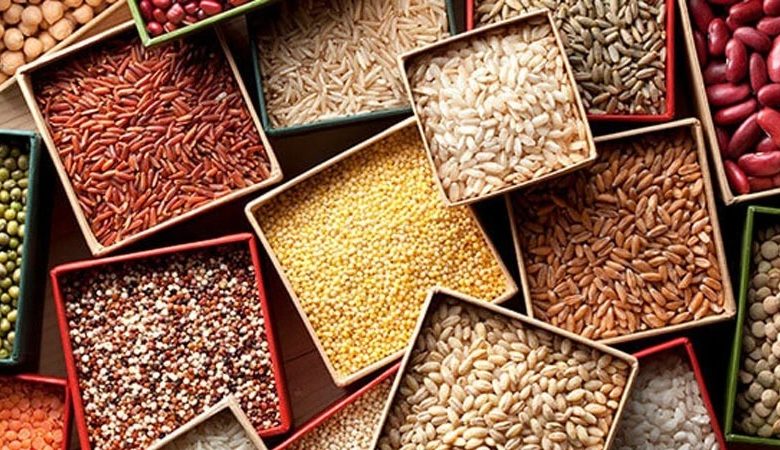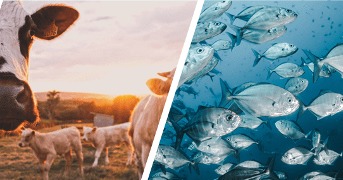WorldVeg leads drive for quality seeds, expert training

ARUSHA: THE World Vegetable Centre for Eastern and Southern Africa (WorldVeg) has reaffirmed its commitment to boosting agricultural productivity in Tanzania and across the Southern African region through advanced seed research and professional training for local experts.
Speaking during a recent three-day training on seed preservation held at the Centre’s Arusha campus, WorldVeg Country Director Ms Colleta Ndunguru said the institution is focused on building local capacity while strengthening partnerships with both government and private institutions to promote sustainable agriculture.
Key partners include the Tanzania Plant Health and Pesticides Authority (TPHPA), the National Plant Genetic Resources Centre (NPGRC) and the Tanzania Agricultural Research Institute (TARI).
“The foundation of successful agriculture is access to improved, scientifically researched seeds that guarantee reliable yields for farmers,” said Ms Ndunguru.
She noted that WorldVeg has invested significantly in modern infrastructure, including a state-of-the-art laboratory and a well-equipped gene bank housing both local and international seed collections. These seeds are rigorously studied before being made available to farmers.
Just two weeks ago, the Centre conducted two intensive training sessions on seed collection, preservation and regeneration. The sessions were attended by agricultural experts from institutions such as the University of Dar es Salaam, Sokoine University of Agriculture, TPHPA and TARI.
“We have signed partnership agreements with various institutions, including TPHPA, to strengthen Tanzania’s agricultural sector by producing skilled professionals and advancing research on quality seeds,” Ms Ndunguru added.
She also stressed the importance of outreach, saying the institutions regularly collaborate to visit farmers, provide professional agricultural advice, inspect seeds and conduct awareness campaigns on best farming practices.
“We take pride in these partnerships and will continue organising training sessions and awareness programmes to support food security and sustainable agricultural development,” she said.
One of WorldVeg’s key objectives is to ensure that trained professionals extend their expertise to rural communities, guiding farmers through the entire agricultural value chain, from identifying quality seeds (including indigenous varieties) and preparing land, to marketing their produce, especially vegetables.
A participant from the Nelson Mandela African Institution of Science and Technology, Dr Pavithravani Venkataramana described the training as highly impactful.
“Modern agriculture requires evidence-based practices. This kind of research and hands-on training is essential to achieving high yields,” she said.
A researcher from TARI, Mr Emmanuel Katamba echoed the sentiments, stressing the need to empower farmers with the knowledge to recognise and utilise highquality seeds.
On his part, Seed Specialist and Researcher at WorldVeg, Mr Abdul Shango, noted that the Centre has been actively conducting research on various seed genes used across African countries, with a focus on varieties resilient to pests, diseases and climate change.
“Our studies have shown that scientifically tested seeds not only increase crop yields but also help farmers adapt to climate variability and environmental stressors,” Mr Shango explained.
WorldVeg’s initiatives are part of a broader mission to enhance agricultural resilience and food security across the region.





